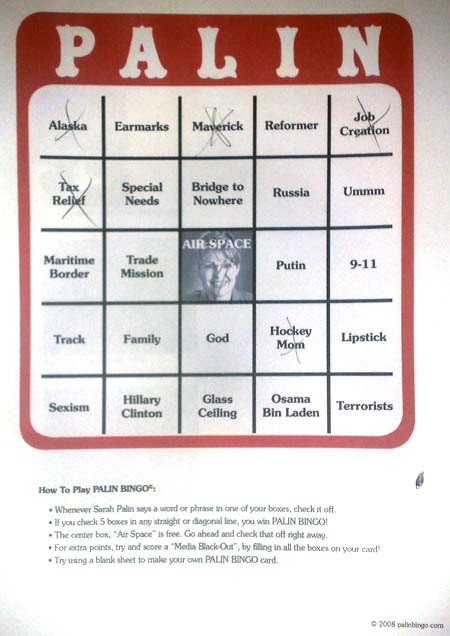My blog seems to be turning into a “games and US politics” affair. Here goes:
According to a study by NeoEdge, 59% of casual players surveyed prefer Obama, 32% McCain.
Now, I want to propose various explanations. Basically, I think there is something in the underlying structure of Hidden Object and Time Management games that are inherently tied to the values of Democrats.
- Aren’t time management games the ludic expression of the welfare state, the Democrat idea of (the state as) the nurturing mother? An all-seeing eye that helps everybody?
OK, so I don’t quite believe that. It is more likely that casual players are mostly women, and Obama does well with women.
Sen. Barack Obama has widened his lead among casual game[r]s — an overwhelming majority of which are women — over Sen. John McCain following the third presidential debate on Wednesday, October 15. On October 16, the day following the debate, 59% of the respondents said they preferred Obama, while 32% preferred McCain. A week ago, the day after the second presidential debate (October 8), only 54% percent said they preferred Obama, and 36% said they preferred McCain. According to the poll, Obama now leads McCain by 17 points among this key demographic.
So here is a question: Is the reverse is true? Do “hardcore” game players lean towards McCain?
And what do we mean by “hardcore”? Mega Man? Level 60+ in World of Warcraft? Defender? Guitar Hero on Expert?


